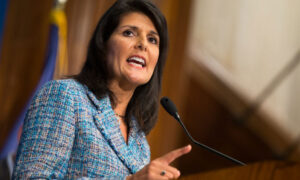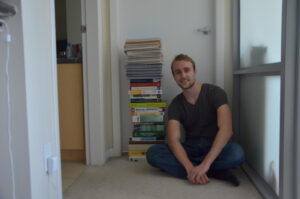Quick Bites

Emissions rising from a coal-fired power plant in Kansas
After reading so many cogent arguments, essays, and research reports on the climate change debate… I no longer have an opinion on the key questions surrounding the controversy. How true is the basic contention? How much ecological change it will cause? How much damage versus benefit will come from it? And what is the best way to remedy the situation, if it can be remedied at all?
And because I don’t have a fixed opinion on this issue, I am always interested in the latest reputable studies and reports. Here is something I read recently from the United Nations.
Click here.
Five Things Rich People Buy That Jeopardize Their Wealth. The first item on contributor Cindy Lamothe’s list is, by far, the most important. And the danger goes way beyond what she says here.
What is the BDS movement? You’ve heard/seen the acronym. You may know that it stands for “boycott, disinvest, and sanction Israel.” But do you know what that means? What is the BDS movement’s core mission? Click here.
One of the most common criticisms of Israel going to war against Hamas… is that Hamas does not represent “most” of the people in Gaza. And that most Muslims are not at all happy with Hamas’s actions in provoking the war. Well, no. Click here.
In my personal opinion, Saturday Live stopped being funny about 20 years ago… when it decided to get involved in “social justice” and strain its comedic offerings through a screen of political correctness. When someone texted this “Battle of the Sexes” SNL skit, I had little hope I’d find it even remotely amusing. But I was laughing out loud. The gimmick here is obviously borrowed from Monty Python. But that makes it somehow better in my mind. Click here.







